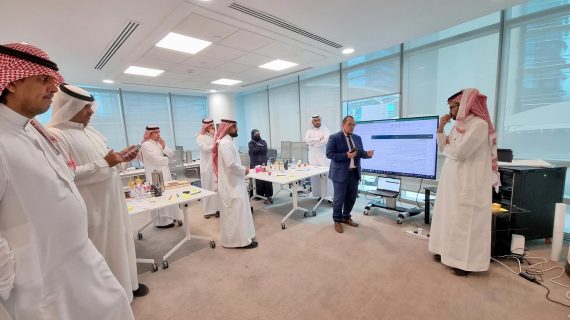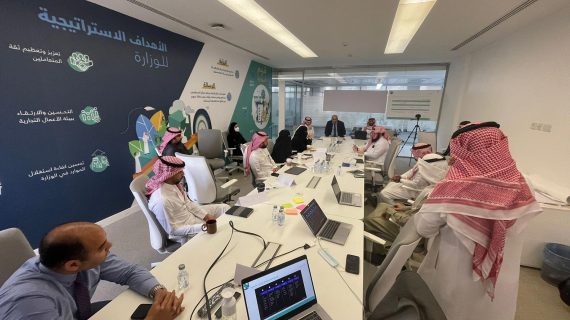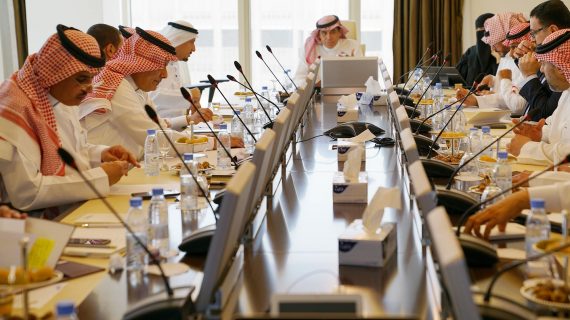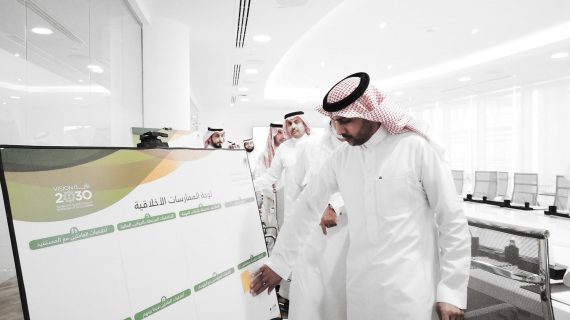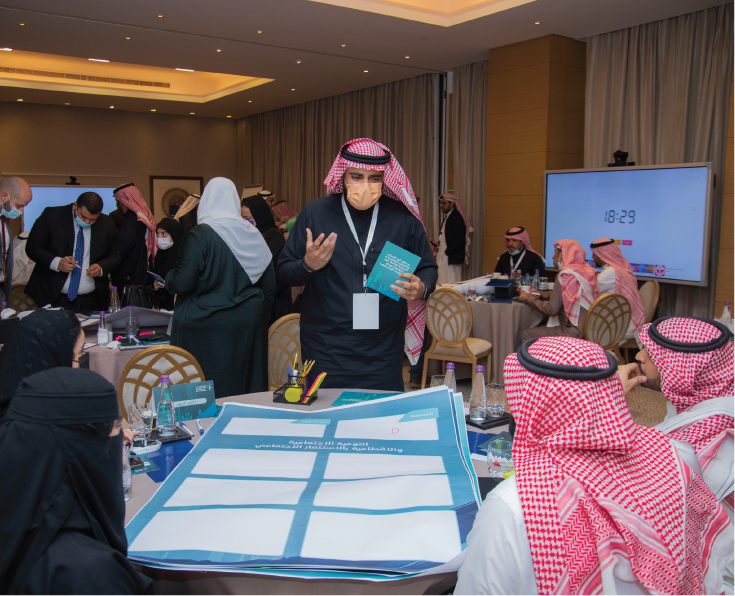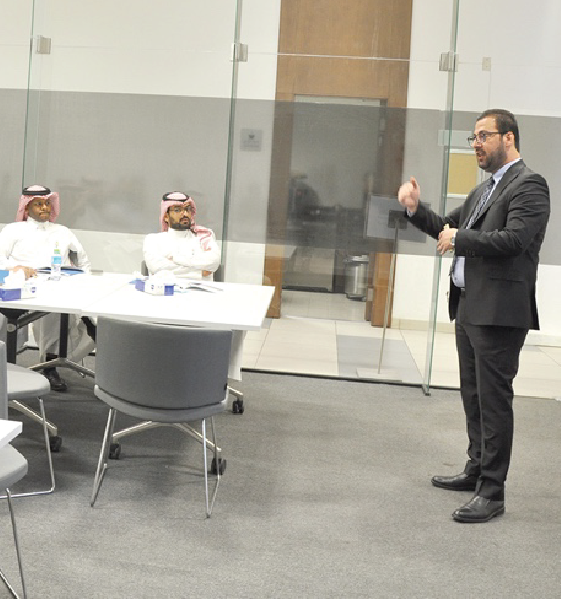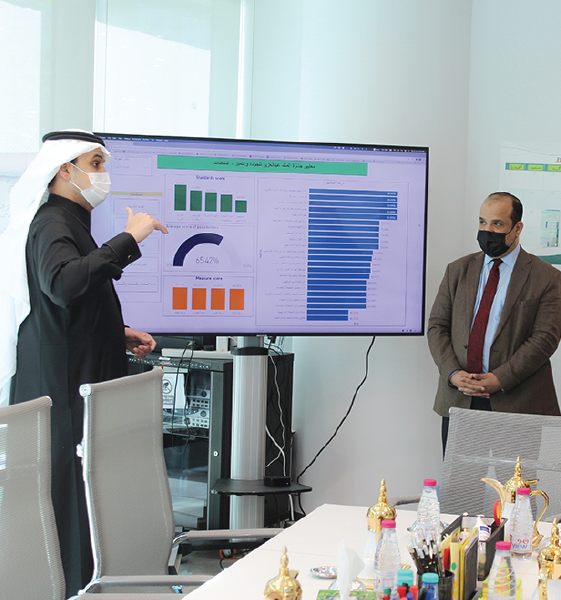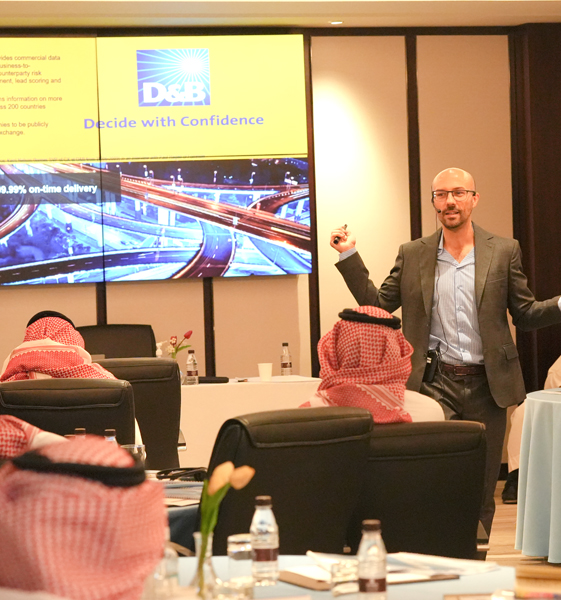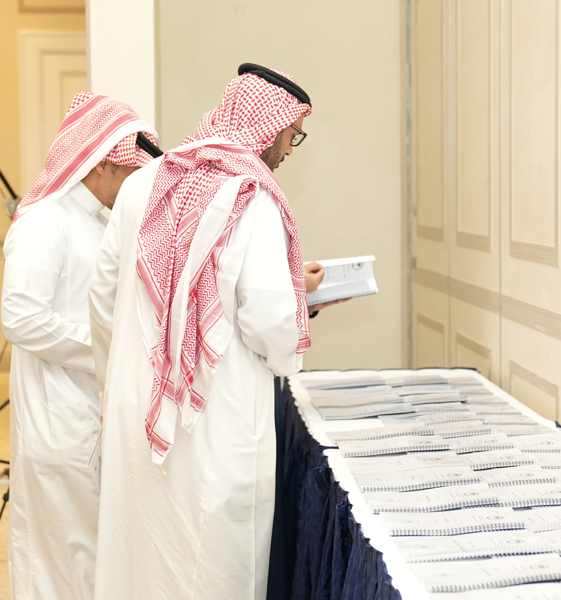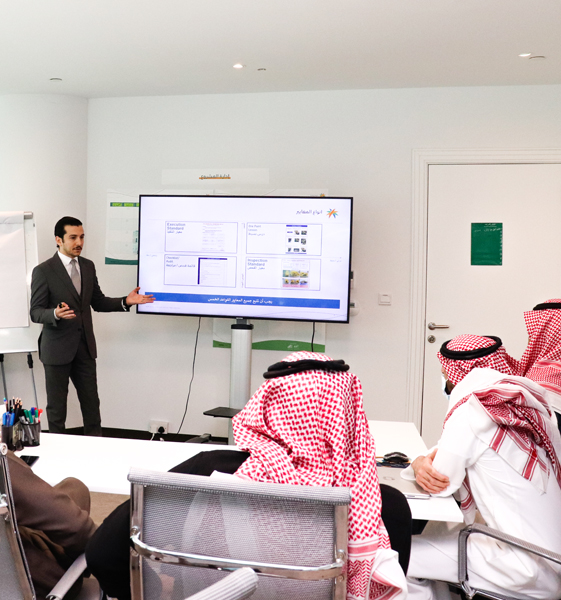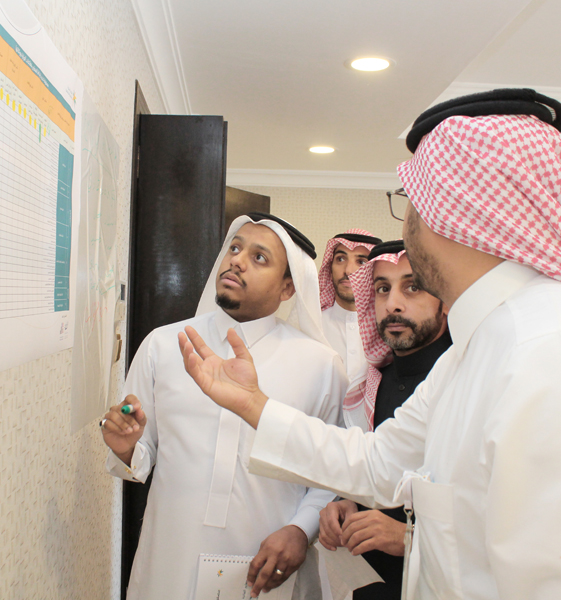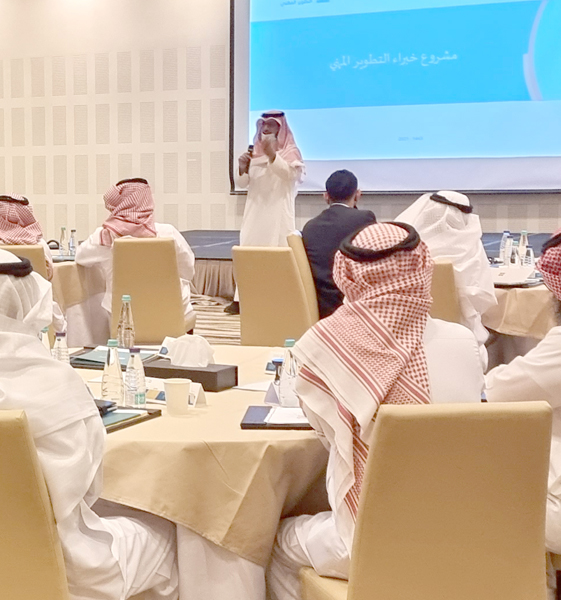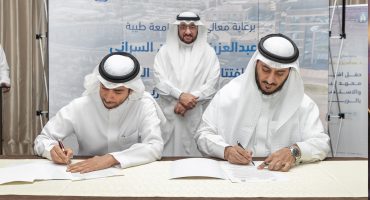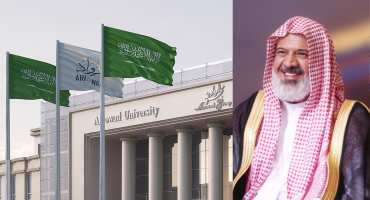Established 1990
+966112495943
Email: info@arrowad.sa
Arrowad International Group
P.O.Box 90987, Uthman Ibn Affan, AtTaawn, Riyadh 11623, KSA
Managerial Consultations
Through a diverse range of consulting products and services, Al-Rawad provides its services to various sectors, enhancing the developmental role of these sectors, contributing to their goals, and improving their efficiency, effectiveness, and the quality of services provided to their beneficiaries.
- Effective Training
- Value Enhancement
- Studies and Research
Education and Knowledge
The production and systematic development of specialized knowledge aim to be the inspirational partner for institutions and individuals, fostering professional and societal behavior. We possess scientific and practical methodologies, frameworks, and tools, continuously evolving them according to global standards.
- General and Academic Education
- Training
- Value Building
- Content Production
Development of Methodologies and Tools
A set of authentic methodologies and tools developed by Al-Rawad's experts based on research and scientific studies conducted over three decades. Through practical experiences, the expert team has established strong foundations for these methodologies, including:
- Institutional Excellence Methodology
- Value Building and Empowerment Methodology
- Transformation Methodology for Beneficiary Experience
- Higher and General Education Methodology
Value Building and Empowerment Methodology
(AVEM™)
Excellence Methodogy in e-Governament
(eGX™)
• Institutional Excellence Methodology
(ASIX™)
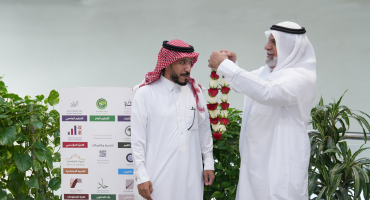 Read more +18 December 2023 in news
Read more +18 December 2023 in news